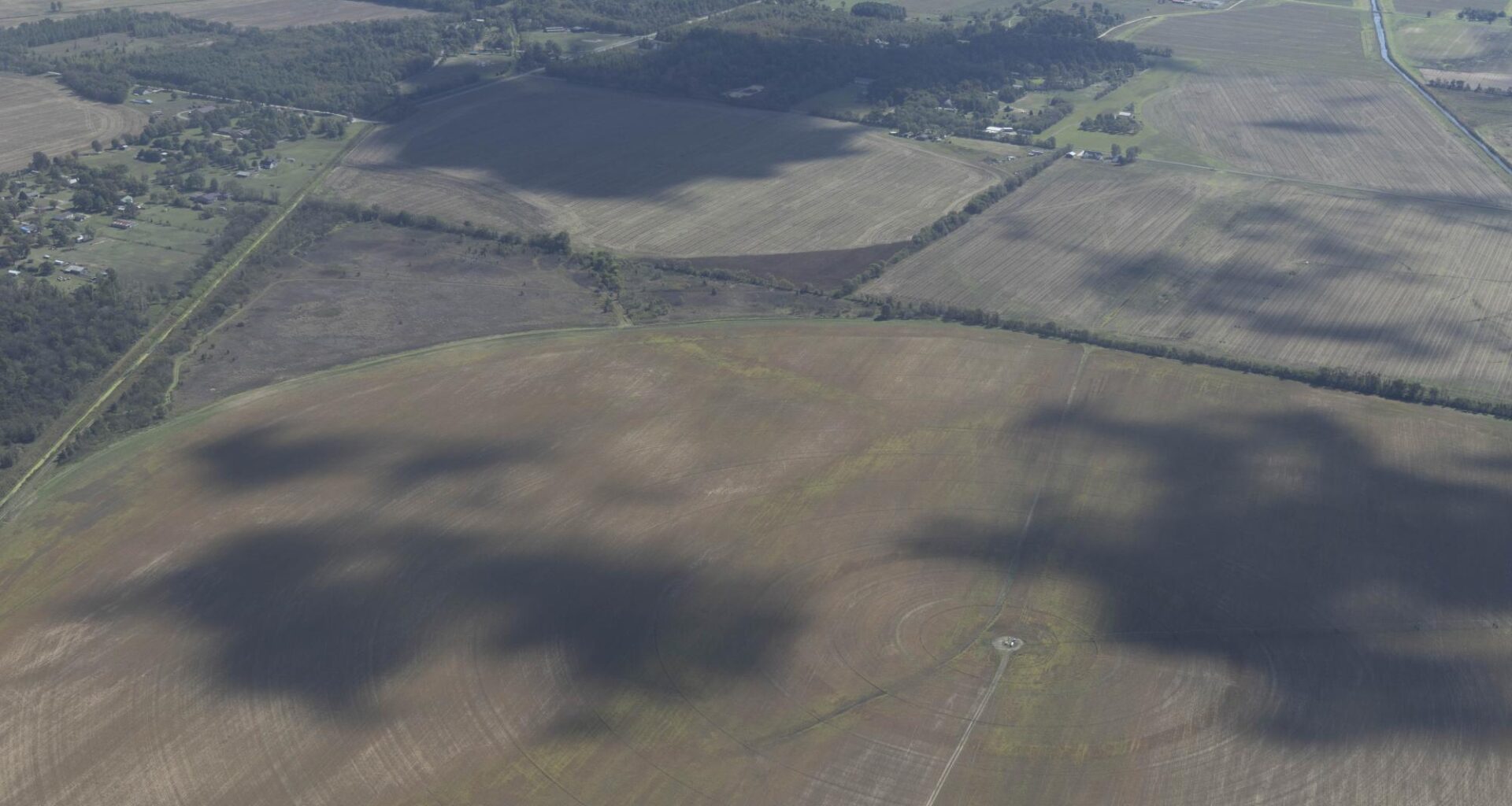Ryan Frieders spent months planting, fertilizing and controlling weeds on his north-central Illinois soybean farm. Despite doing everything right, he is projected to lose money on his harvest as a result of the trade policies that have halted Chinese purchases of U.S. soybeans.
“We’re putting soybeans in storage and just hoping for a better price,” Frieders told Reuters. “But it’s not clear the rebound will come.”
Illinois produced 663 million bushels of soybeans in 2025 across 10.2 million harvested acres, according to the U.S. Department of Agriculture. In southern Illinois, where Carbondale is a regional hub, soybeans account for more than 1.1 million of the region’s 2 million row crop acres.
China historically purchased 40% of Illinois soybeans but has not made a single shipment purchase in 2025, according to Illinois Soybean Association officials. The state’s $1.4 billion market with China has disappeared.
University of Illinois economists estimate southern Illinois farmers are facing average losses of up to $64 per acre. For the region, that translates to an estimated $128 million in direct profits lost from this harvest.
The U.S. government imposed unprecedented tariff rates in 2025, prompting Chinese retaliation targeting American soybean exports.
According to Wanki Moon, a professor specializing in the political economy of agriculture at Southern Illinois University, China’s choice to target soybeans was predictable.
“From a political economy standpoint, China retaliates by targeting a high-volume commodity like soybeans because it is an effective and predictable form of economic retaliation against the United States,” Moon said.
The American agricultural market has become deeply dependent on China, which has created a vulnerability. Competitors like Brazil and Argentina are moving to capture the business Illinois farmers are losing.
“There is a serious risk that this market share could be permanently lost,” Moon said.
Disruptions in global markets translate directly to local prices, according to Joseph Kishore, an assistant professor of agribusiness economics at SIU with experience in commodity brokerage.
“When a major buyer like China halts purchases, the global news translates, step-by-step, into the lower cash price a farmer in Jackson County is offered at their local grain elevator,” Kishore said.
The timing has left many farmers unable to protect themselves with standard market strategies.
“Farmers usually have an idea of what they need to do early in the planting season — March, May,” Kishore said. “But with these tariffs, by the time they are implemented, it may be too late to lock in good prices.”
According to Kishore, high input costs combined with low prices may mean many operations face significant losses.
“When the entire market is fundamentally distorted by a political policy, traditional hedging strategies may no longer be enough to protect a farmer,” Kishore said. “This is a unique kind of risk that is nearly impossible to manage.”
According to Scott Thomsen, a fourth-generation farmer from Kennard, Nebraska, farmers are selling below production costs.
“Right now, we’re below the cost of production. We’re losing money,” Thomsen told ABC News.
John Hansen, president of the Nebraska Farmers Union, said in an interview with ABC News that the current situation is unprecedented in his experience.
“We’re in the middle of the worst economic downturn that I’ve seen in my 50 years,” Hansen said.
Some farmers who supported the Trump administration feel harmed by the trade approach.
“We voted because Trump was going to help the farmers, and now it’s just hurting us like crazy,” a Nebraska farmer told ABC News.
Farmer frustration is high, according to Caleb Ragland, president of the American Soybean Association. The association sent a letter to the administration in August 2025 stating the impact on farmers.
“U.S. soy farmers cannot endure a prolonged trade conflict with our primary customer,” the letter stated.
U.S. Rep. Mike Bost, who represents the Carbondale area, has publicly supported the administration’s trade policies as necessary for long-term agricultural sustainability.
Bost’s official congressional website states the policies are vital for America’s economic security and agricultural sustainability. He argues the approach is necessary to restore fair trade conditions.
In May 2025, Bost joined House Republican colleagues in a letter urging the president to negotiate new trade deals to open markets for farmers. Additionally, Bost has supported efforts to extend targeted federal aid to farmers affected by trade disruptions.
“We need a strong farm safety net and forward-looking policy that offers producers real certainty,” Bost said in public budget hearing testimony.
Young people continue to enter agriculture despite market challenges, according to a 2025 survey by the Maryland Department of Agriculture. However, the Maryland Young Farmers Survey found that more than 70% of young farmers rely on off-farm income to sustain their operations.
“We’re passionate about agriculture, but it’s hard to forget that without off-farm income, many of us couldn’t sustain this as our full-time career,” a young farmer said in the Maryland survey.
Studies show that market volatility and political uncertainty affect decisions by young people considering taking over family farms.
Staff reporter Trevor John can be reached at [email protected]
